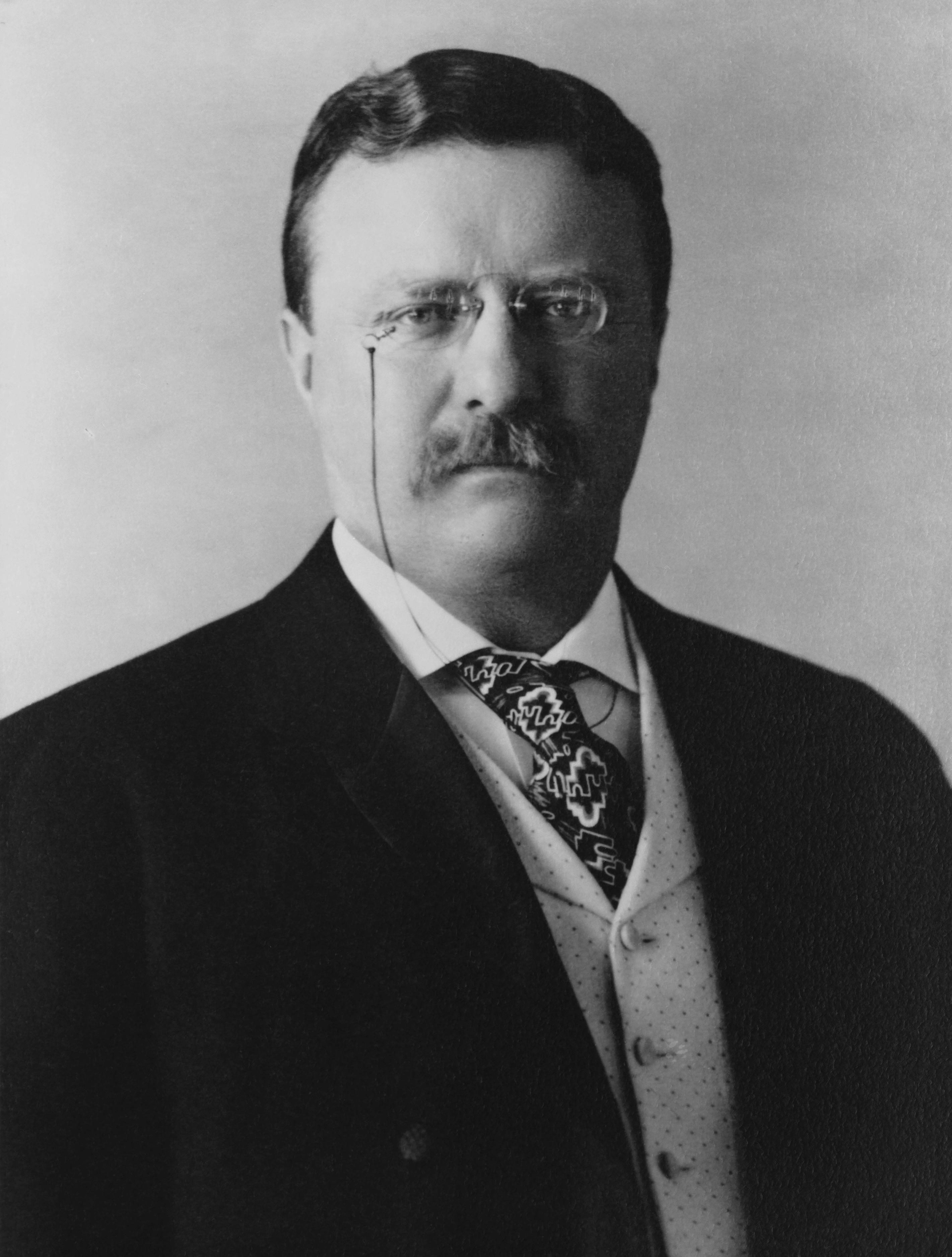Mr Cogito Does The Math And Determines That Alan Gilbert Will Become New York Philharmonic Music Director At Same Age Teddy Roosevelt Became President
"How young is Alan Gilbert?
You be the judge. Here are the ages of New York Philharmonic music directors or lead conductors when they took the job:
Ureli Corelli Hill, 1842-1847: age 40
Theodore Eisfeld, 1848-1865: age 33
Carl Bergmann, 1855-1876: age 34
Leopold Damrosch, 1876-1877: age 43
Theodore Thomas, 1877-1891: age 41
Anton Seidl, 1891-1898: age 41
Emil Paur, 1898-1902: age 43
Walter Damrosch, 1902-1903: age 40
Wassily Safonoff, 1906-1909: age 54
Gustav Mahler, 1909-1911: age 49
Josef Stransky, 1911-1923: age 39
Willem Mengelberg, 1922-1930: age 51
Arturo Toscanini, 1928-1936: age 61
John Barbirolli, 1936-1941: age 37
Artur Rodzinski, 1943-1947: age 51
Bruno Walter, 1947-1949: age 71
Dimitri Mitropoulos, 1949-1958: age 53
Leonard Bernstein, 1958-1969: age 40
Pierre Boulez, 1971-1977: age 46
Zubin Mehta, 1978-1991: age 42
Kurt Masur, 1991-2002: age 64
Lorin Maazel, 2002-2009: age 72
Alan Gilbert: 2009 - : age 42"
[Pan Cogito's pencil whirls ... average age of 47.]
*
Alex Ross of The Rest Is Noise and the New Yorker, of course, provided the important research for this comment.

"In 1901, as Vice President, Roosevelt succeeded President William McKinley after McKinley's assassination. He is the youngest person ever to become President (John F. Kennedy is the youngest elected President). Roosevelt was a Progressive reformer who sought to move the dominant Republican Party into the Progressive camp. He distrusted wealthy businessmen and dissolved 40 monopolistic corporations as a "trust buster". He was clear, however, to show that he did not disagree with trusts and capitalism in principle but was only against their corrupt, illegal practices. His "Square Deal" promised a fair shake for both the average citizen (through regulation of railroad rates and pure food and drugs) and the businessmen. As an outdoorsman, he promoted the conservation movement, emphasizing efficient use of natural resources. After 1906 he attacked big business and suggested the courts were biased against labor unions."
Photo and caption credit: Wikipedia. With thanks.
You be the judge. Here are the ages of New York Philharmonic music directors or lead conductors when they took the job:
Ureli Corelli Hill, 1842-1847: age 40
Theodore Eisfeld, 1848-1865: age 33
Carl Bergmann, 1855-1876: age 34
Leopold Damrosch, 1876-1877: age 43
Theodore Thomas, 1877-1891: age 41
Anton Seidl, 1891-1898: age 41
Emil Paur, 1898-1902: age 43
Walter Damrosch, 1902-1903: age 40
Wassily Safonoff, 1906-1909: age 54
Gustav Mahler, 1909-1911: age 49
Josef Stransky, 1911-1923: age 39
Willem Mengelberg, 1922-1930: age 51
Arturo Toscanini, 1928-1936: age 61
John Barbirolli, 1936-1941: age 37
Artur Rodzinski, 1943-1947: age 51
Bruno Walter, 1947-1949: age 71
Dimitri Mitropoulos, 1949-1958: age 53
Leonard Bernstein, 1958-1969: age 40
Pierre Boulez, 1971-1977: age 46
Zubin Mehta, 1978-1991: age 42
Kurt Masur, 1991-2002: age 64
Lorin Maazel, 2002-2009: age 72
Alan Gilbert: 2009 - : age 42"
[Pan Cogito's pencil whirls ... average age of 47.]
*
Alex Ross of The Rest Is Noise and the New Yorker, of course, provided the important research for this comment.

"In 1901, as Vice President, Roosevelt succeeded President William McKinley after McKinley's assassination. He is the youngest person ever to become President (John F. Kennedy is the youngest elected President). Roosevelt was a Progressive reformer who sought to move the dominant Republican Party into the Progressive camp. He distrusted wealthy businessmen and dissolved 40 monopolistic corporations as a "trust buster". He was clear, however, to show that he did not disagree with trusts and capitalism in principle but was only against their corrupt, illegal practices. His "Square Deal" promised a fair shake for both the average citizen (through regulation of railroad rates and pure food and drugs) and the businessmen. As an outdoorsman, he promoted the conservation movement, emphasizing efficient use of natural resources. After 1906 he attacked big business and suggested the courts were biased against labor unions."
Photo and caption credit: Wikipedia. With thanks.


0 Comments:
Post a Comment
<< Home